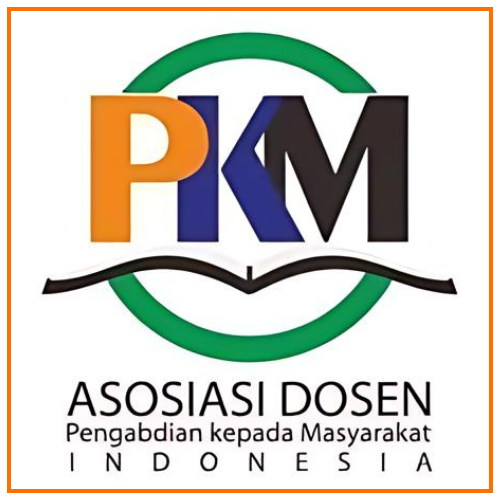The Students' Motivation and Achievement in Learning English: The Correlational Study
Abstract
Keywords: Students’ Motivation, Learning English, and English Achievement.
Full Text:
PDFReferences
Anwar, K., Asari, S., Husniah, R., & Asmara, C. H. (2021). Students’ Perceptions of Collaborative Team Teaching and Student Achievement Motivation. International Journal of Instruction, 14(1), 325-344.
Ary, D., Jacobs, L. C., Sorensen, C., & Razavieh, A. (2009). Introduction to Research in Education (8th edition, Vol. 3, Issue 2).
Peters, R. S. (2015). The Concept of Motivation. Routledge.
Colley, H., Hodkinson, P., & Malcolm, J. (2002). Non-formal Learning: Mapping the Conceptual Terrain, a Consultation Report.
Creswell, John W. (2012). Research Design: Qualitative, Quantitative, and Mixed Methods Approaches, 4th edition. SAGE Publications, Inc.
Dwinalida, K., & Setiaji, S. (2022). Students’ Motivation and English Learning Achievement in Senior High School Students. Educalitra: English Education, Linguistics, and Literature Journal, 1(1), 1-9.
Idris, F., Hassan, Z., Ya’acob, A., Gill, S. K., & Awal, N. A. M. (2012). The Role of Education in Shaping Youth’s National Identity. Procedia - Social and Behavioral Sciences, 59, 443–450. https://doi.org/10.1016/j.sbspro.2012.09.299.
Lai, E. R. (2011). Motivation: A Literature Review. Person Research’s Report, 6, 40-41.
Marzuki, A. G., Amelia, Y., & Syam, H. (2021). The Effect of Anxiety Toward Students’learning Motivation of The Eleventh Grade at SMAN 4 Palu. Datokarama English Education Journal, 2(1).
Pakdel, B. (2013). The Historical Context of Motivation and Analysis Theories of Individual Motivation. International Journal of Humanities and Social Science, 3(18), 240-247.
Rafasah, N. (2019). The Correlation Between Students’ Motivation and Their Achievement in Studying English (A correlational study at SMAN 1 Woyla) (Doctoral dissertation, UIN Ar-Raniry Banda Aceh).
Rahardjo, A., & Pertiwi, S. (2020). Learning Motivation and Students’ Achievement in Learning English. JELITA, 1(2), 56-64.
Tohidi, H., & Jabbari, M. M. (2012). The Effects of Motivation in Education. Procedia - Social and Behavioral Sciences, 31, 820–824. https://doi.org/10.1016/ j.sbspro.2011.12.148.
Thorne, S. L., & Hellermann, J. (2015). Sociocultural Approaches to Expert–Novice Relationships in Second Language Interaction. The Handbook of classroom discourse and Interaction, 281-297.
DOI: https://doi.org/10.37058/jelita.v2i2.6589
Refbacks
- There are currently no refbacks.








Journal of Education, Language Innovation, and Applied Linguistics
Lembaga Penelitian, Pengabdian Kepada Masyarakat dan Penjaminan Mutu Pendidikan (LP2M-PMP) Universitas Siliwangi
Jalan Siliwangi Number 24, Kota Tasikmalaya - 46115
West Java, Indonesia










